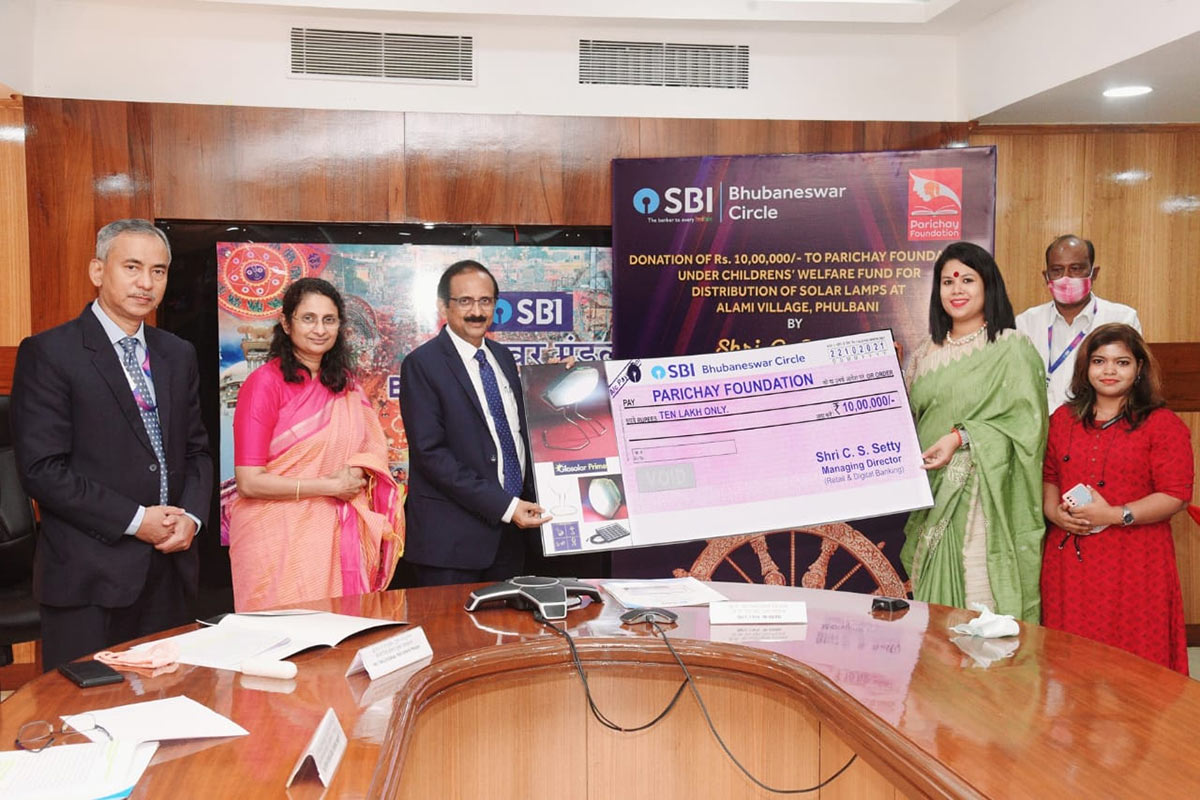In March 2021, Ola Electric founder Bhavish Aggarwal was seen surveying an empty 500-acre land surrounded by shoe factories, temples, bakery shops, coconut trees and dusty roads in Pochampalli town of Krishnagiri district, Tamil Nadu.

Many excavators and workers were busy at the construction site to build the Ola Futurefactory for electric vehicles.
Among them was Aggarwal, who like other workers was wearing safety boots, a hard hat, a reflective vest and sunglasses.
Playing the Punjabi hip-hop song Satisfya, Aggarwal was testing a black prototype of Ola’s electric scooter. A lot has changed since then.
The Ola Futurefactory has become the largest integrated and automated electric two-wheeler manufacturing plant in India.
The facility, built in eight months, achieved an installed capacity of one million units per year by October last year.
“There’s a lot of opportunity to build the future of energy here in India.
"There are companies like Tesla which are doing a lot in the Western world.
"But the world can't achieve its sustainable aspiration without India building a sustainable future as the country is about 20 per cent of the world population,” said Aggarwal.
He added, “Our vision at Ola Electric is to make India a core part of the global energy revolution.
"There is an opportunity for the whole industry. The solutions that need to be built for India are relevant for the Global South.
"Very few people buy luxury cars in this region.
"The opportunity is to accelerate the electric transition in India and become global leaders in this space.”
At a time when global players, including American electric vehicle giant Tesla, are potentially seeking local partners to establish operations in India, Aggarwal welcomed them and said this is going to help the Indian EV ecosystem.
He said, “The more global companies come and make in India, it is better for them and the country,” said Aggarwal.
He said, “At an industry level, India should attract investments, cutting-edge technology and talent.
"Leading global products should be made in the country, for India and the world.”
It takes over three hours of driving and more than 130 km from tech hub Bengaluru to reach the women-only Futurefactory in Krishnagiri.
Ola Electric Mobility manufactures EVs and core EV components such as battery packs, motors, and vehicle frames at the Futurefactory.
It is being expanded to become the largest two-wheeler factory in the world with an annual production capacity of 10 million units.
Inside, senior executive Jose Pinheiro, a former General Motors veteran, gave a tour of the hangar-like building, which reverberates with grinding metallic sounds as robots work alongside humans.
The Futurefactory is a fully automated plant.
The facility is built on Industry 4.0 principles. SoftBank-backed Ola said it uses proprietary artificial intelligence (AI) for optimal performance.
One can see many robots moving autonomously, carrying loads from one location to another on the factory floor.
There are also robots working on key manufacturing process lines like painting and welding, as well as battery and motor assembly.
Artificial intelligence (AI)-driven quality management systems ensure dimensional accuracy and detect visual defects, used in battery manufacturing and weld lines.
Scaling up Gigafactory
A few kilometres away from the Futurefactory is Ola’s newly-set up Gigafactory.
It is the first of its kind for Li-ion cell manufacturing in India, with an initial capacity of 5 gigawatt hours (GWh).
It will be further scaled up in phases to 100 GWh at full capacity, according to the sources.
The facility is operational and is being expanded.
The firm plans to power its EVs with its lithium-ion battery cells by early next year.
This would help reduce reliance on imports and lower electric vehicle production costs, according to industry experts.
India’s EV makers currently depend on lithium-ion battery cells from countries such as South Korea, China, Japan, and Taiwan.
“We have begun trial production. Globally, only a few countries have gigafactories, and within them, only a few companies have this level of advanced cell technology.
"Our focus is on doing all the steps required to build a good-quality cell.
"We have been able to set up a world-class laboratory and develop our intellectual property,” said Aggarwal.
He added, “In terms of timeline, early next year is when you can expect to see our cells in our products.
"We are well on our way and are in the final stages of the process.”
Aggarwal said the firm has already invested about $100 million for phase-1 of the gigafactory expansion.
Last year in February, Ola signed a memorandum of understanding (MoU) with the Tamil Nadu government committing investments of Rs 7,614 crore for manufacturing EVs and lithium cells gigafactory in the state.
Battery innovation centre
About 115 km away from the Futurefactory is Ola’s battery innovation centre (BIC) in Electronic City, Bengaluru. It is equipped with ‘unique and cutting-edge’ laboratory equipment to cover all aspects of cell-related research and development (R&D).
The BIC focuses on developing cell and battery technology and manufacturing processes for the forthcoming cell manufacturing at the Ola Gigafactory.










